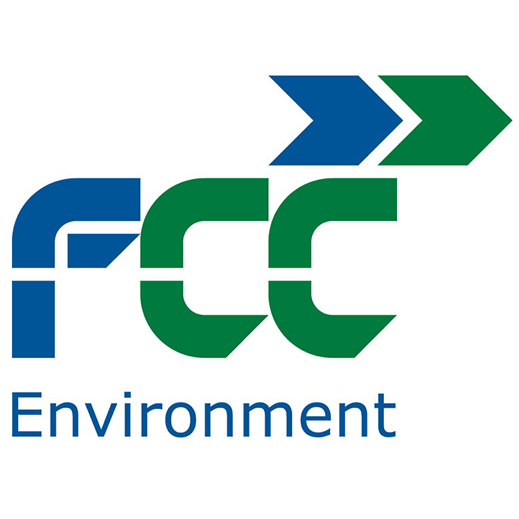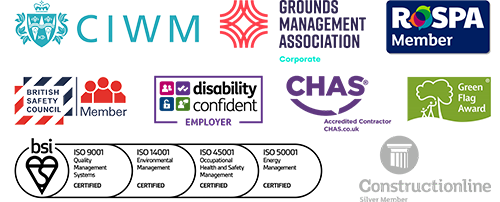Frequently Asked Questions
Listed below are responses to the most typical questions asked by our customers with regards to commercial waste collections. If you have a query which is not adequately captured or responded to here, please contact us via the Contact Us page.
All General Waste collected by FCC Environment is eventually taken to Energy from Waste (EfW) facilities for processing. This may be via a local transfer station if a suitable EfW is not local to point of collection.
All materials collected by FCC Environment suitable for recycling will be transported to registered Processing or Recovery facilities where the different types of recyclable materials are separated from each other and bulked together. From here, they go to reprocessors who turn them into new resources for use in manufacturing and production.
General waste consists of all waste materials produced by a business which cannot be easily recycled. Common examples of this include polystyrene, hard plastics, cartons, wrappers or items soiled by other wastes.
We encourage all of our customers to recycle as much as possible, so if you have any queries about what can or can’t go in your General Waste bin, please get in touch with us so we can assist you further.
PLEASE DO NOT include any of the following materials:
- Building/construction rubble
- Asbestos or plasterboard
- Batteries
- Electrical appliances
- Paint cans
Dry Mixed Recycling (DMR) typically includes materials such as:
- Plastics – for example clean plastic bottles, trays, tubs and films
- Metals – for example clean food tins, drinks cans and aluminium foil
- Paper – for example dry paper waste, packing paper, envelopes, catalogues, newspapers and magazines
- Cardboard – for example dry carboard boxes and corrugated cardboard (brown cardboard), cereal and dried food boxes (grey cardboard), egg boxes
- The materials presented for collection in a DMR container must be clean and dry, meaning they cannot be contaminated with food waste, oils, or other wet or liquid waste.
PLEASE DO NOT include any of the following materials:
- General waste
- Plastic bags
- Food waste
- Polystyrene
- Building/construction rubble
- Asbestos or plasterboard
Please do not put any extra waste or recycling next to, or on top of, your bin as it will not be collected. If you are generating too much waste or recycling and require a larger bin, or an increase to your collection frequency, then please get in touch with us as we would be happy to help with this.
We offer a range of wheeled containers or collection sacks to suit your individual requirements. During our Sign-Up process, we will use out industry experience to help you select the most suitable option to deal with all of your waste needs including type of container and frequency of collection.
In the unlikely event that we miss your arranged collection, we kindly ask that you notify us as soon as possible. If a collection was missed and our collection crew failed to report any issues when attempting collection from your premises, we will attempt to revisit and collect your bin within two working days. In these circumstances, please leave your bin outside your property until it has been collected.
You can have as many bins as you like. Our Quote Builder allows customers to select up to 10 of each type of bin. However, should you have any unique container requirements you would like to discuss, then please get in touch with us.
No, the bin remains the property of FCC Environment at all times. You pay a small container rental charge as part of your contract with FCC Environment.
Yes, if your requirements change then we would be happy to assist you in this.
Depending on the materials you require collecting, FCC Environment may be in position to assist you. Please contact us directly to discuss any unique materials not already listed on our website.
Zero waste to Landfill is our commitment to using alternative solutions to treat waste materials which cannot otherwise be recycled. Our primary alternative to landfill disposal for non-recyclable waste are Energy from Waste (EfW) facilities, which utilise all incoming waste materials as a fuel to generate energy.
FCC Environment strives to ensure that all of the waste we collect is diverted away from landfill. In the event that our normal treatment solutions are unavailable as a result of, for example maintenance outages, we will seek alternative treatment solutions where available with landfill always representing a last resort.


